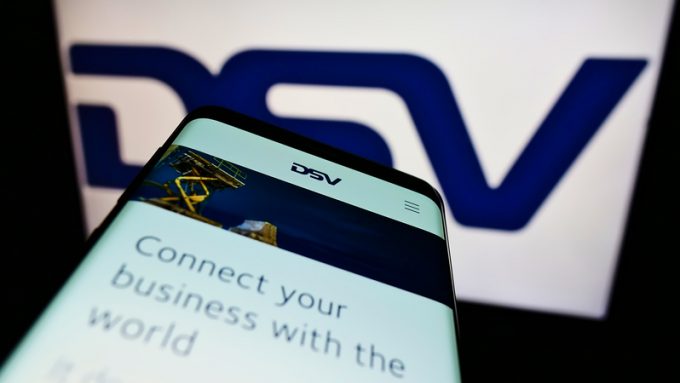Signals may be turning green for an east-west US railroad merger
US railroads could see a significant shake-up, as there are moves to test the regulator’s ...

Ever-expanding DSV has predicted it will be part of further M&A in the freight forwarding market.
Announcing “strong” first-quarter results today, which saw revenues up 82%, to Dkr61.125bn ($8.7bn), and ebit up 104%, to Dkr3bn, as it incorporated Agility GIL, the firm said its appetite for ...

Comment on this article